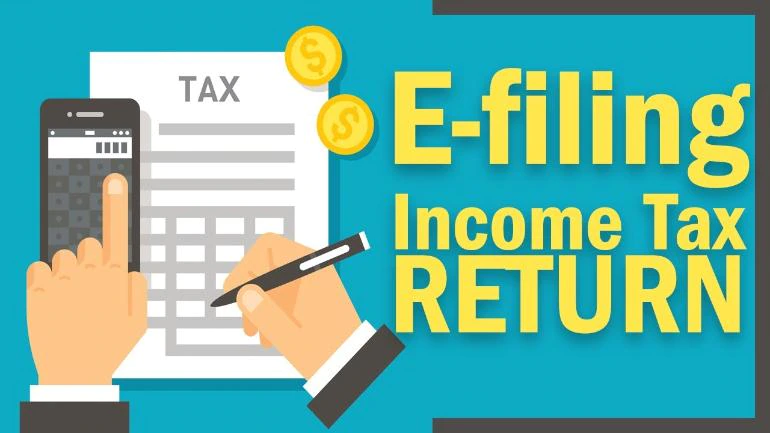Income Tax returns are mandatory to fill and mistakes are very common to make. However, resolving the mistakes is often very tricky to find and amend. Some of the common Income Tax advisors like Padgett Advisors make sure you stay sound with the common mistakes one can make while filing income tax.
Some of the common mistakes are here highlighted along with the solutions that the best tax advisors can provide. Read along this short blog and save time and labour of making tax filing mistakes.
Table of Contents
3 Underrated Common Mistakes
Status Error: Selecting the appropriate file status is essential since it affects a number of things, including your tax rate and your ability to claim certain credits and deductions. Certain taxpayers may be eligible for multiple filing statuses; thus, it’s critical to comprehend the requirements for each and choose the one that provides the best result.
Overlooking of Transactions: Many taxpayers lose out on important credits and deductions that they qualify for, such retirement contributions, medical bills, and educational costs. To optimise your tax savings, take the time to investigate the many credits and deductions that are available, or speak with a tax expert.
Ignoring Estimated Tax: Underpayment penalties may result from neglecting to pay anticipated taxes throughout the year if you are self-employed or earn income that is not subject to withholding. The difference between the total amount of taxes owed and the total amount paid over the course of the year is used to compute underpayment penalties. Safe harbours are thresholds specified by the IRS that taxpayers must fulfil in order to avoid fines. One of these safe harbours is the payment of 100% (or 110% for higher-income taxpayers) of the tax liability from the previous year, or at least 90% of the tax due for the current year.
Closing Tip.
Apart from the basic mistakes mentioned above, keep in mind this one tip as well:
Your tax liabilities may be compounded by fines and interest if you miss the filing date or fail to file your taxes at all. Penalties for late or non-filing are levied by the IRS; the extent of the penalty is determined by the degree of lateness and the existence of unpaid taxes. A penalty depending on the amount of overdue taxes is imposed on late filers. It is essential to submit taxes on time or, if required, request an extension since these penalties and interest charges can dramatically raise the total amount owing to the IRS. A timely filing eventually reduces your tax burden and prevents needless financial pressure. It also guarantees compliance with tax regulations, prevents financial penalties, and preserves a positive relationship with the IRS.









